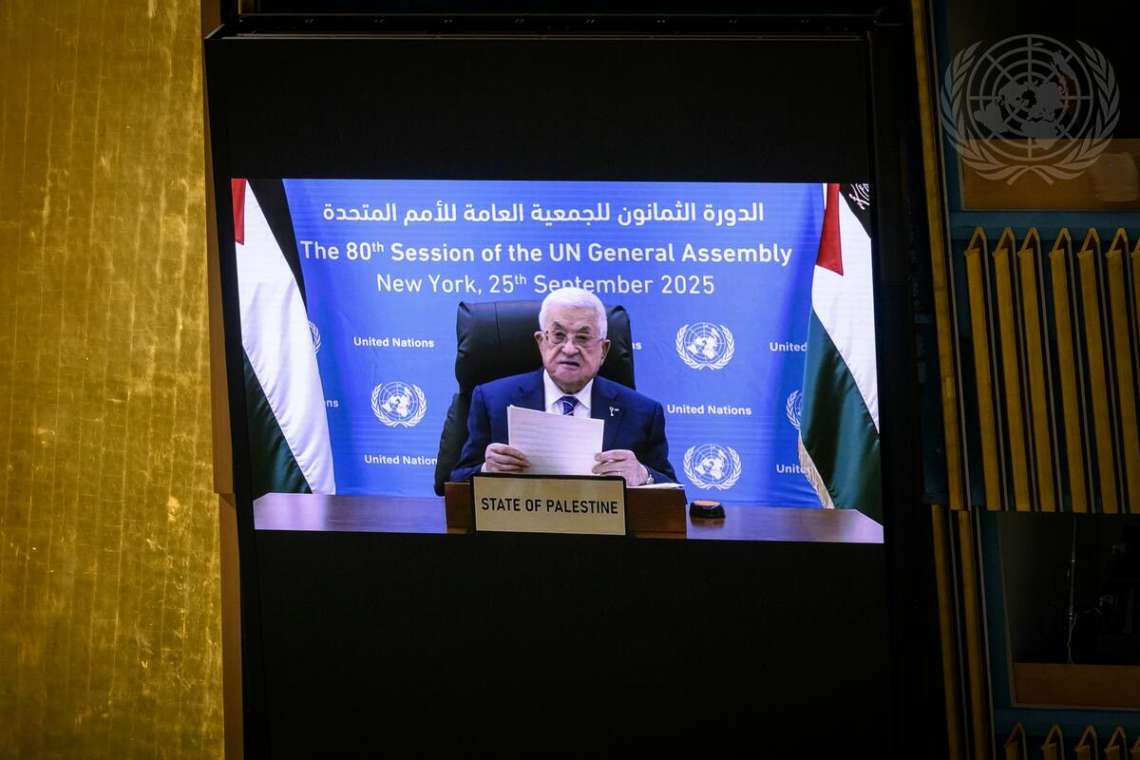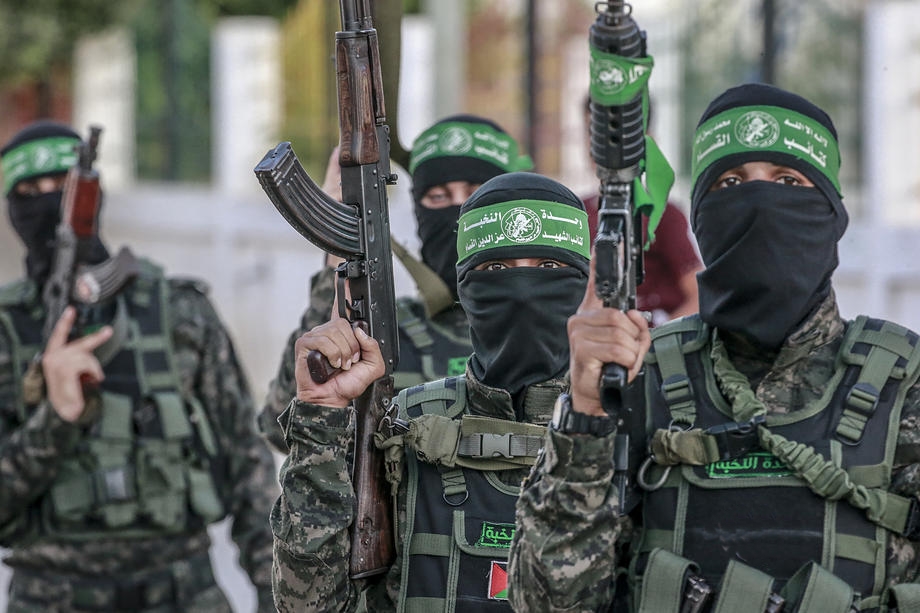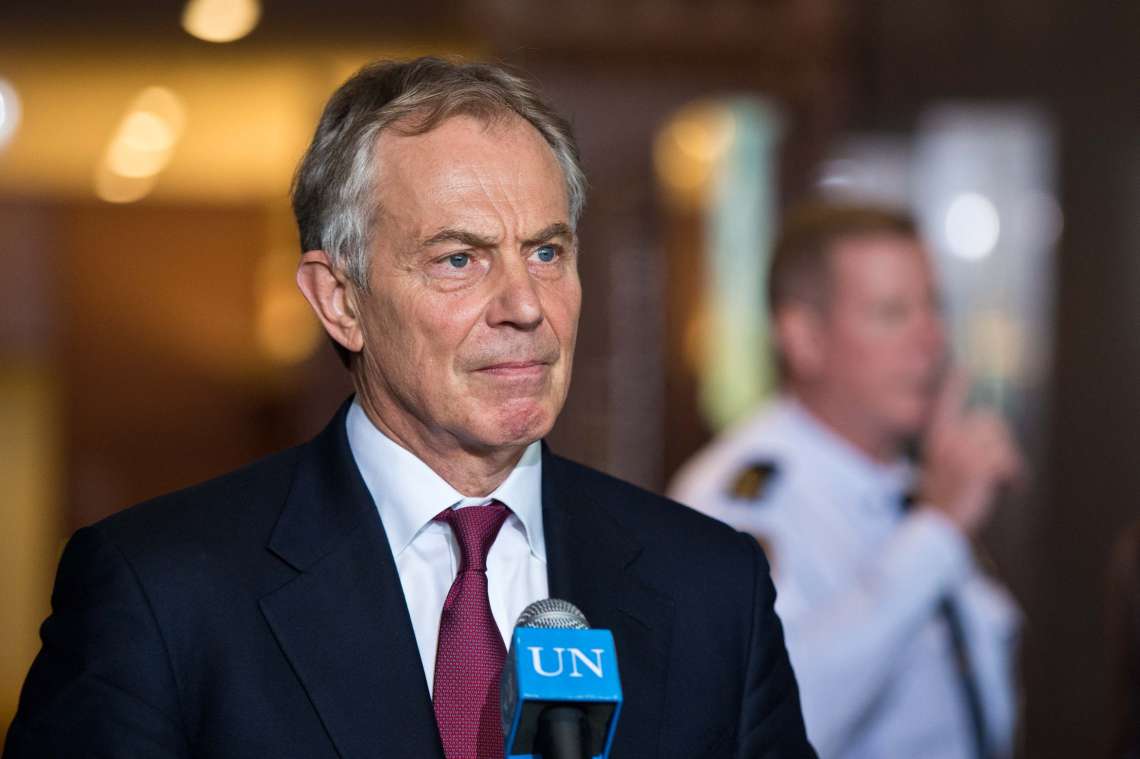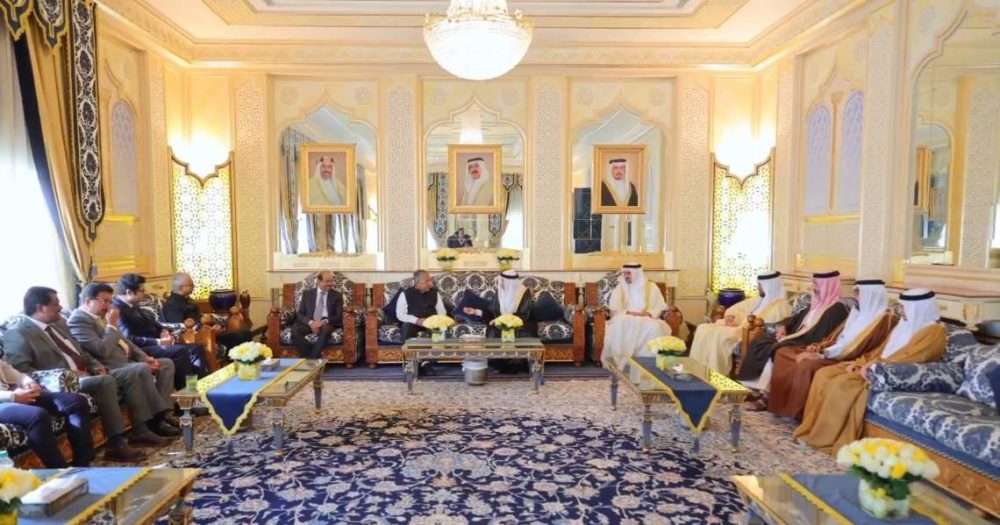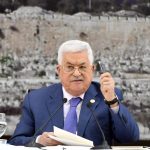PA President Mahmoud Abbas stated that Hamas does not represent the Palestinian people, calling for the release of all hostages and urging Hamas and other armed Gaza factions to disarm.
Palestinian President Mahmoud Abbas, amid rising international support for Palestinian statehood and relentless Israeli attacks on Gaza, strongly denounced Hamas and offered to work with US President Donald Trump on implementing a UN-endorsed peace plan.
Speaking via video link after the United States barred him from attending the UN General Assembly’s high-level session in New York, Abbas declared, “Palestine is ours. We will not leave our land. We will not leave our homeland. Our people are rooted like the olive trees.” His words reflected both steadfast determination and a plea for international support to secure Palestinian rights and territorial integrity.
Abbas emphasised his readiness to collaborate with the US, France, and Saudi Arabia to carry out the peace plan adopted earlier this week by the UN General Assembly, where more than 150 countries have now recognised Palestinian statehood. “There can be no justice if Palestine is not free,” he said, reaffirming Palestine’s recognition of Israel and commitment to a two-state solution.
Criticising Hamas for the 2023 attacks on Israel, which killed more than 1,200 people and took 250 hostages, Abbas said, “The actions of Hamas do not represent the Palestinian people.” He called on the group to release all hostages and urged both Hamas and other armed factions in Gaza to disarm. “We do not want an armed state,” he added. Abbas further warned that if the Palestinian Authority assumes control of Gaza after the conflict, Hamas and other factions would be required to hand over their weapons and be barred from any role in the territory.
Abbas’s comments come amid growing international concern about Israeli military actions in Gaza. The president condemned what he described as “genocide” and highlighted the expansion of Israeli settlements in the West Bank. He suggested deploying an Arab and international presence in Gaza once hostilities end, to ensure the protection of Palestinian civilians.
While some Israeli leaders have proposed annexing the West Bank and Gaza, potentially undermining the two-state solution, Trump reportedly assured Arab and Muslim leaders that he would not allow Israel to annex Palestinian territories. This marked a shift from an earlier US proposal, which considered turning parts of Gaza into a resort. Despite this, Trump has historically opposed a two-state solution and US recognition of Palestine, a stance that has contrasted with diplomatic moves by allies such as the United Kingdom and France.
Abbas addressed the 80th session of the UN General Assembly seated at a desk, speaking against a backdrop emblazoned with UN logos. His remarks came on the third day of the General Debate, where the Gaza conflict has dominated discussions. “What Israel is carrying out is not merely aggression. It is a war crime and a crime against humanity,” he said, describing Israeli actions as among “the most horrific chapters of humanitarian tragedy in the 20th and 21st centuries.”
Abbas detailed the suffering of Palestinians in Gaza, noting that over the past two years, residents have endured war, destruction, starvation, and displacement. He stated that Israeli forces had killed and injured more than 220,000 Palestinians, many of whom were unarmed women, children, and elderly.
His address resonated with other international leaders. Somali President Hassan Sheikh Mohamud also called for urgent global action, highlighting the plight of Palestinians and the broader struggles of fragile states. Mohamud urged an immediate ceasefire, unimpeded humanitarian access, and renewed commitment to the two-state solution as “the only viable path for a just and lasting peace in the Middle East today.” He cited World Bank data showing 39 countries, including Somalia, are classified as fragile and conflict-affected, a figure further exacerbated by climate vulnerability.
By invoking shared international responsibility, Abbas positioned Palestine at the centre of a renewed diplomatic effort while simultaneously isolating armed factions like Hamas. His appeal underscores the Palestinian leadership’s push for recognition, security, and a future governed by international law and cooperative governance.


